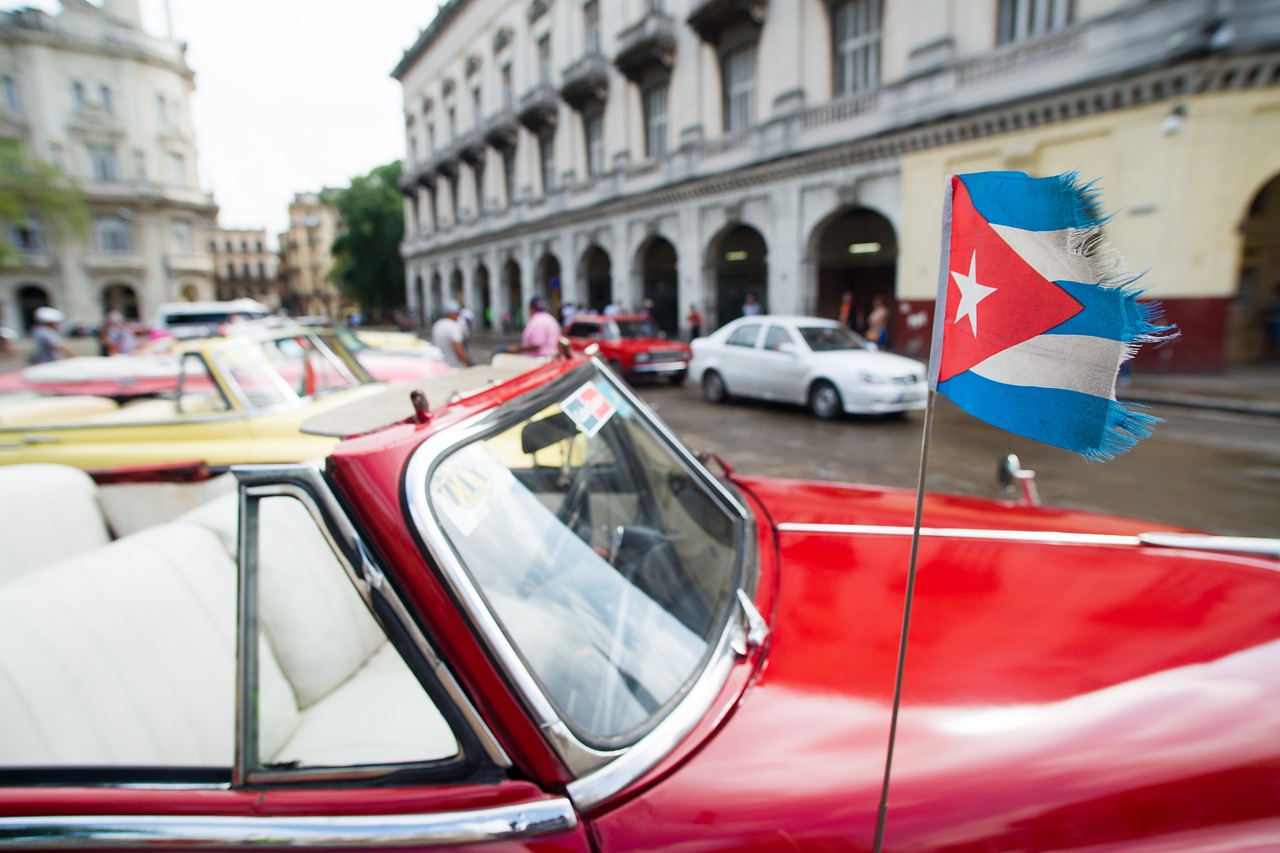
WASHINGTON, D.C. - In a strong display of bipartisanship, on May 25th U.S. Sens. Jeff Flake (R-AZ) and Patrick Leahy (D-VT) led a bipartisan group of 54 Senators in reintroducing the Freedom to Travel to Cuba Act, legislation that would eliminate current restrictions on traveling to Cuba for tourist purposes. Additionally, ahead of the Trump Administration's expected release of its U.S.-Cuba policy review, which will determine whether or not to continue policies that made it easier to travel to Cuba, this legislation would completely and permanently deregulate U.S. travel to Cuba.
Americans can now visit Cuba under 12 categories, including individually authorized people-to-people or educational travel. As a result, U.S. demand to visit Cuba has skyrocketed over the past two years. However, Cuba remains the only country in the world to which the U.S. government prohibits Americans from traveling as a tourist.
The increase in travel to Cuba over the past two years has contributed to economic growth and job creation in the U.S. travel and tourism sectors. U.S. travelers have also provided significant economic support to Cuban entrepreneurs and small business owners. Removing all restrictions on traveling to Cuba would further strengthen Cuba's growing private sector.
"This level of bipartisanship is unparalleled in today's polarized political environment," said President of Engage Cuba, James Williams. "Removing burdensome regulations on travel to Cuba will allow Americans to exercise their right to travel freely, create U.S. jobs and support Cuba's growing private sector. We applaud Senators Flake and Leahy for their leadership in supporting the American and Cuban people by eliminating archaic, outdated policy."
“Recognizing the inherent right of Americans to travel to Cuba isn’t a concession to dictators, it is an expression of freedom. It is Americans who are penalized by our travel ban, not the Cuban government," said U.S. Senator Jeff Flake. "Lifting the ban on U.S. citizens traveling to Cuba can pave the way to meaningful change by increasing contact between Cubans and everyday Americans, and it is certain to have positive benefits for the island’s burgeoning entrepreneurial and private sector.”
“A bipartisan majority of the Senate agrees that the federal government should not be telling Americans where they can or cannot travel, especially to a tiny country just 90 miles from Florida. The restrictions in law that our bill would strike down are a failed vestige of the Cold War. The travel ban is neither justified nor in our national security or economic interests. If we don’t engage, China and Russia will – in fact they already are. While this bill doesn’t lift the embargo, it at least would restore to Americans the freedom to travel they are entitled to,” said U.S. Senator Patrick Leahy.
The Freedom to Travel to Cuba Act, which was previously introduced in the 114th Congress with 8 co-sponsors, was reintroduced today with 46 additional cosponsors.
Expanded travel to Cuba is supported by 81% of the American public, including 71% of Republicans, and 74% of the Cuban-American community in Miami-Dade county. In 2016, 500,000 U.S. citizens and Cuban-Americans visited the island, a 70% increase from the year before.
In addition to the overwhelming majority of the American public, U.S. travel groups, over 100 U.S. agriculture groups, the National Association of Manufacturers, U.S. national security experts and almost 100% of the Cuban people support expanding travel and trade with Cuba.